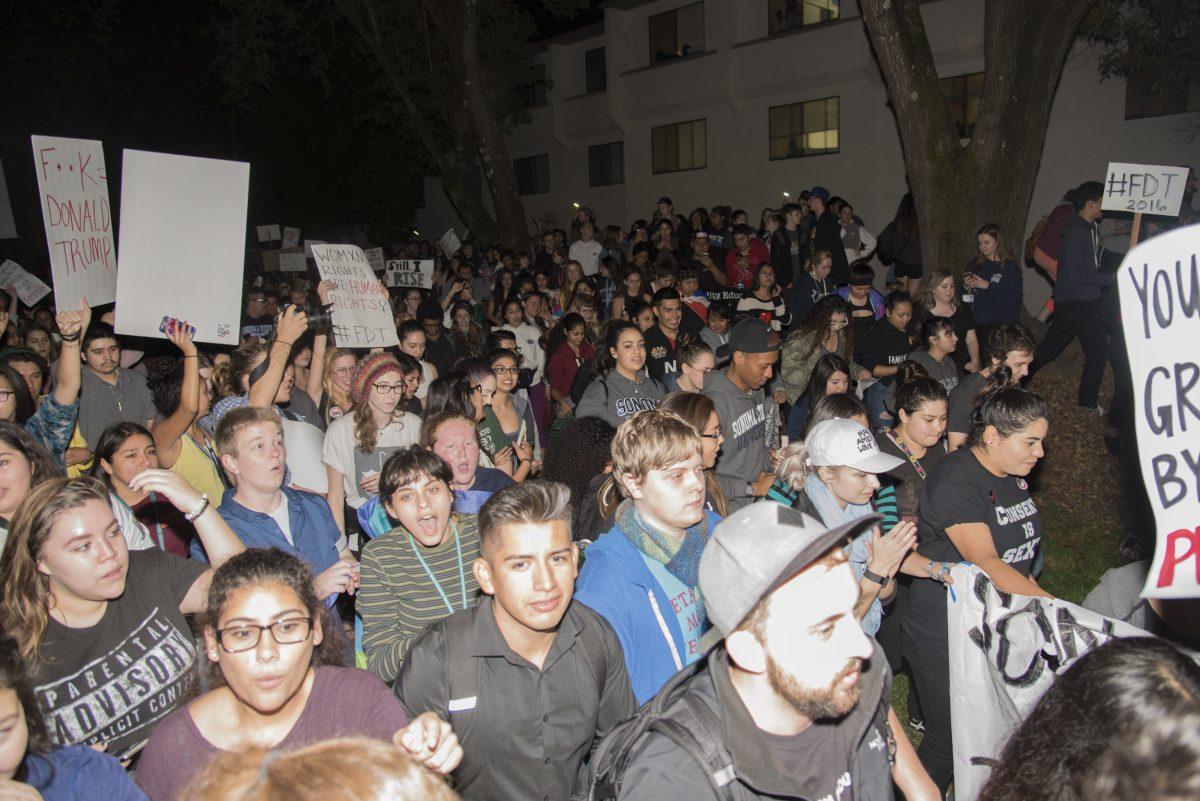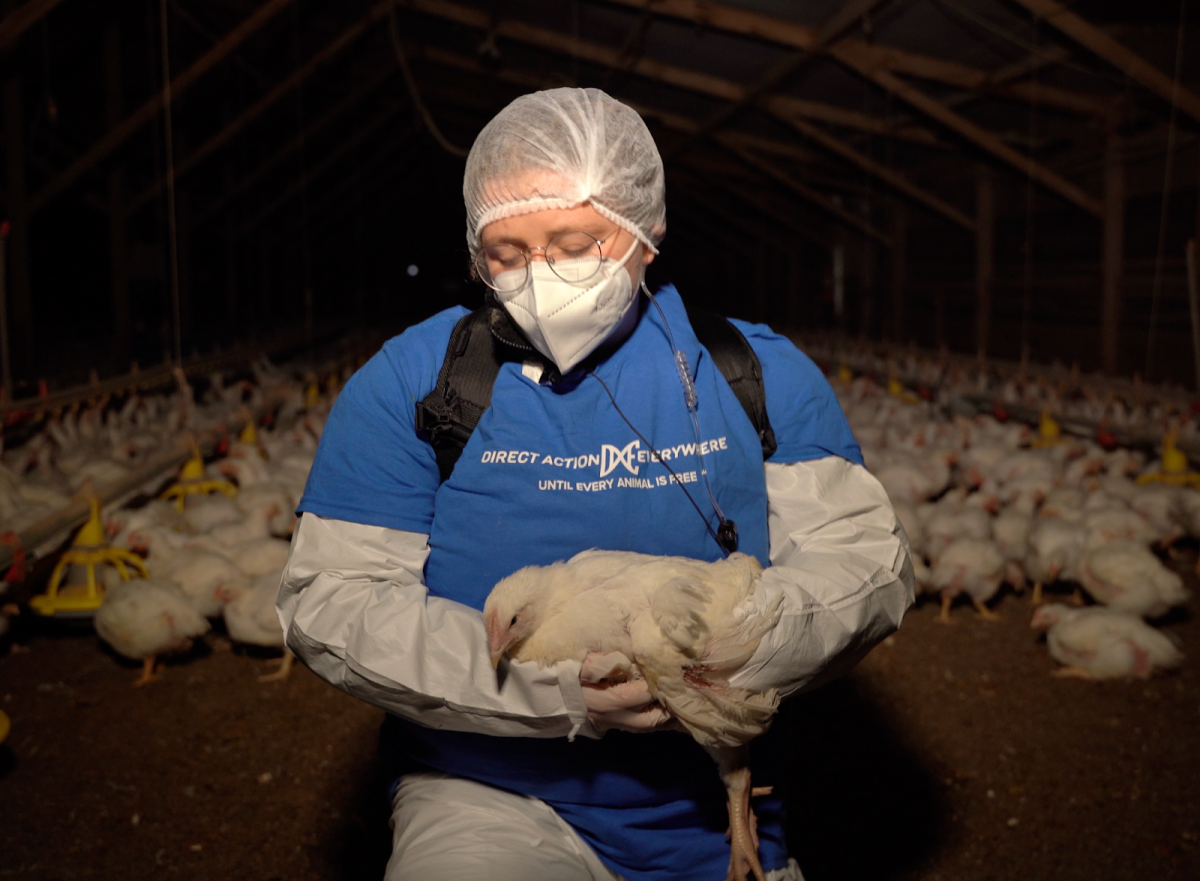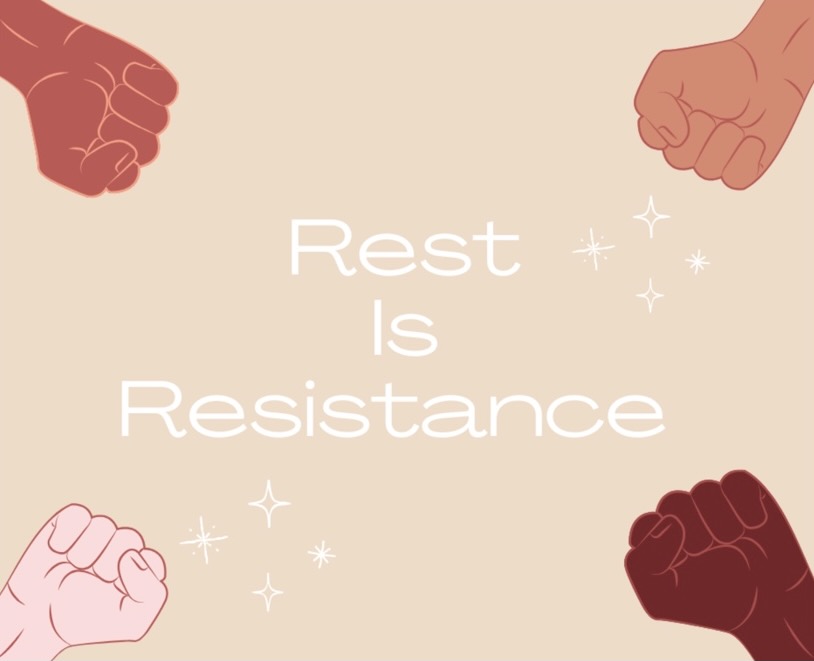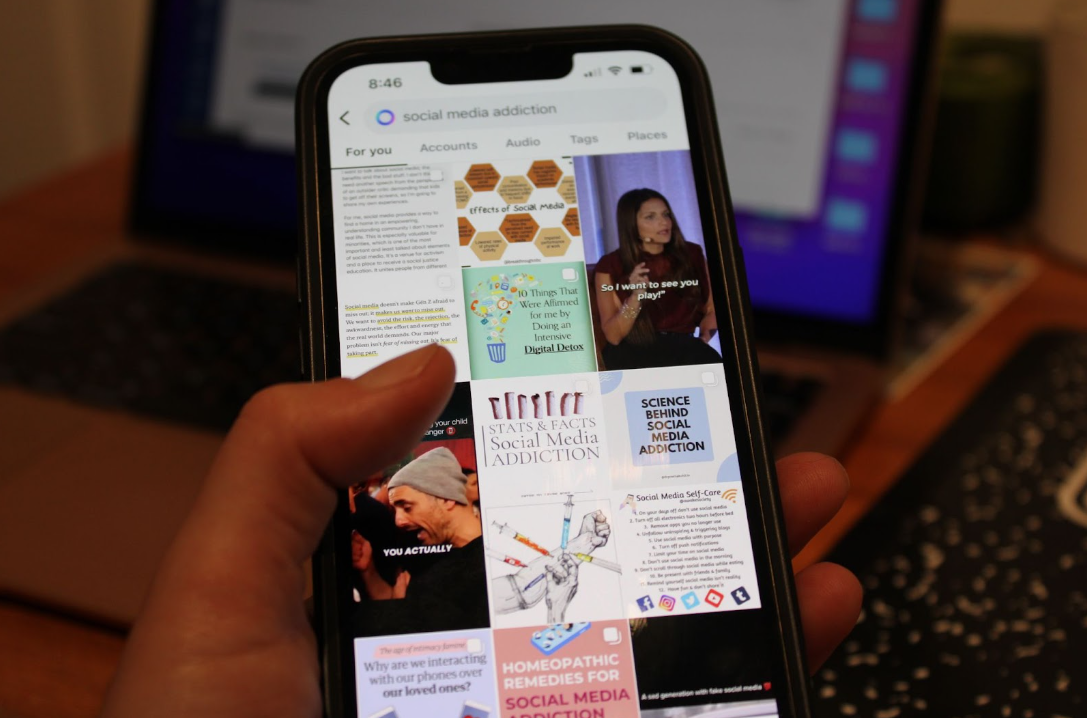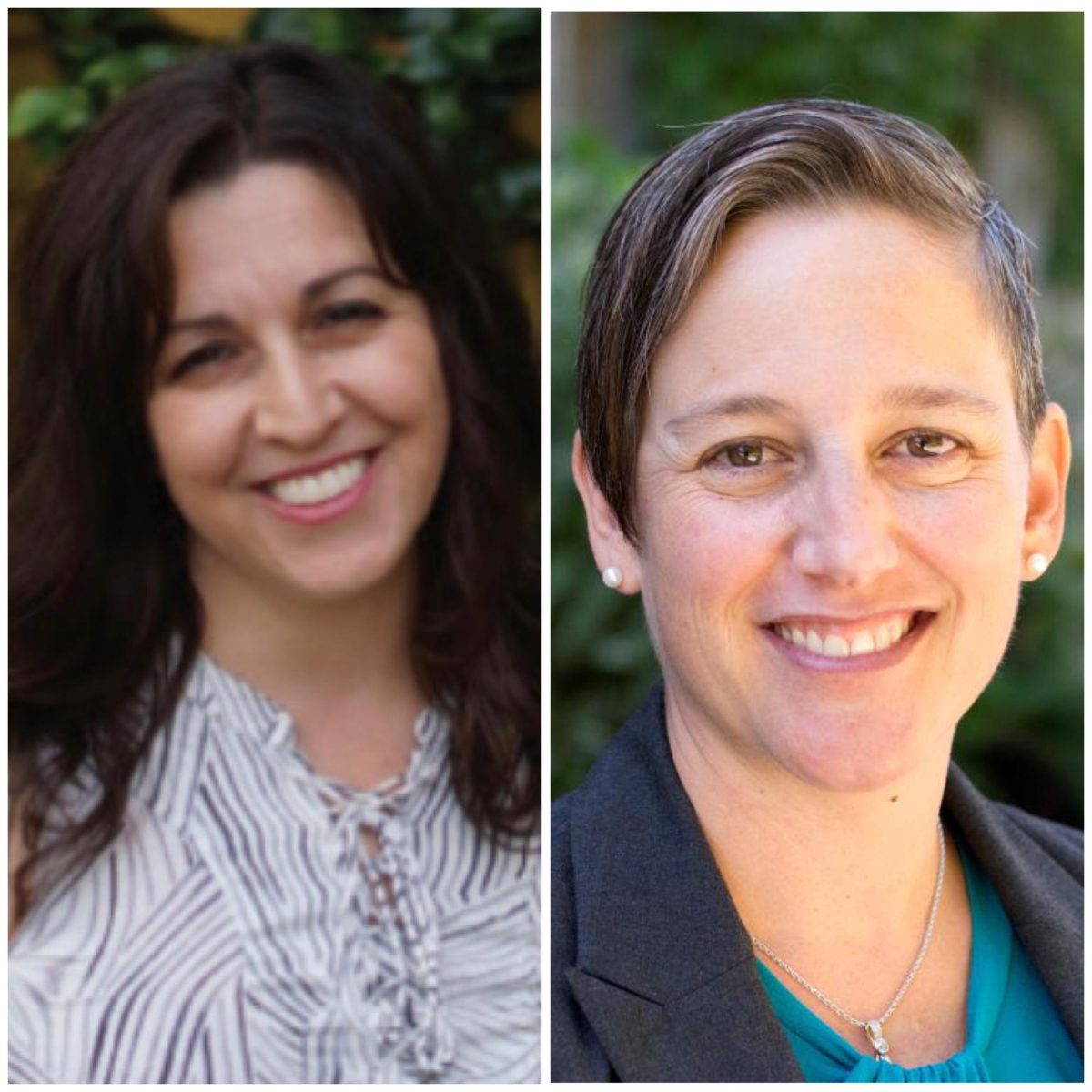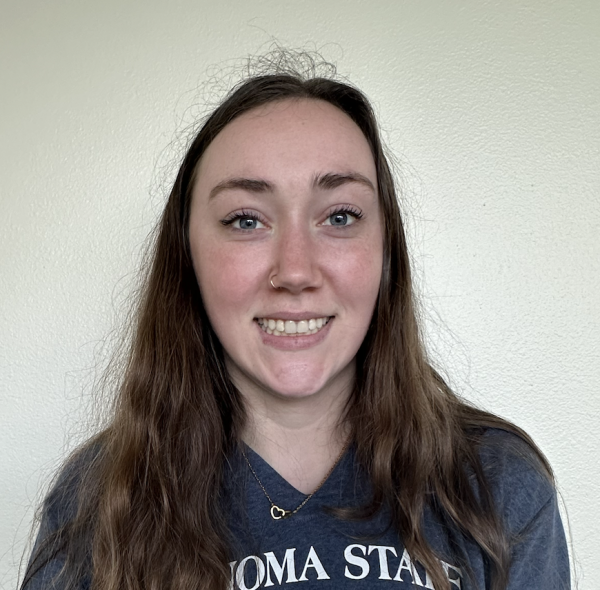The month of March is Women’s History Month. It started as a local celebration in 1978 in Santa Rosa. This year’s theme is “Women Who Advocate for Equity, Diversity and Inclusion.” The original holiday was just a week to correspond with International Women’s Day but when it started to pick up attention across the country the National Women’s History Project lobbied for it to become a month-long celebration nationally. President Jimmy Carter then declared the week of March 8th, 1980 as National Women’s History Week.
Gina Baleria is an Assistant Professor of Journalism, an Assistant Professor of Journalism, Media Writing, Radio & Podcasting, & Digital Media, and the host and producer of the News in Context podcast.
Baleria said, “My later assignment editor in SF, Dory, modeled for me an understated, steady, foundational confidence and knowledge, and consistently cultivated opportunities for me and others in the newsroom.” Lifelong habits and lessons were learned that Baleria later used to help others.
Women and gender studies Professor and Department Chair Lina Mcquade shared the people at Sonoma State who have influenced her life. “As a student at SSU in the 90s, Dr. Leny Mendoza Strobel, Dr. Julia Allen, and Dr. Cindy Stearns all taught me different ways to think about social power in women’s history. Today, Dr. Charlene Tung, Dr. Kim Hester Williams, Dr, Patricia Kim-Rajal have been mentors and examples of what it looks like to commit to the life-long work of advocating for radical DEI at SSU.”
When The Star asked Baleria if she felt her job challenged her to advocate for these things she said, “I generally don’t feel marginalized or sidelined for my gender or don’t recognize when someone may be trying to do that — however I do recognize that many people do experience gender-based challenges in the workplace that can stymie their advancement, sense of belonging, and well-being. Therefore, my role has always been in part to speak up when others may not be ready or able to.” The impact that could be left on our educational institutions if professors regularly advocated for inclusivity, equity, and diversity would be huge.
Baleria said, “I would speak up for more opportunities for students to share and contribute their own stories, and then lifting up and centering those stories in our lessons and the story of the university. I would also advocate for any opportunities – events, media, discussions, etc. – to educate the community, make space for marginalized students to speak up and feel connected, and bridge divides and differences, to forge deeper connections that I hope would minimize issues and challenges.”
Professor Baleria said that she still keeps in touch with the women in her life and that she always tries to “pay it forward to express my gratitude for what they gave me.”


